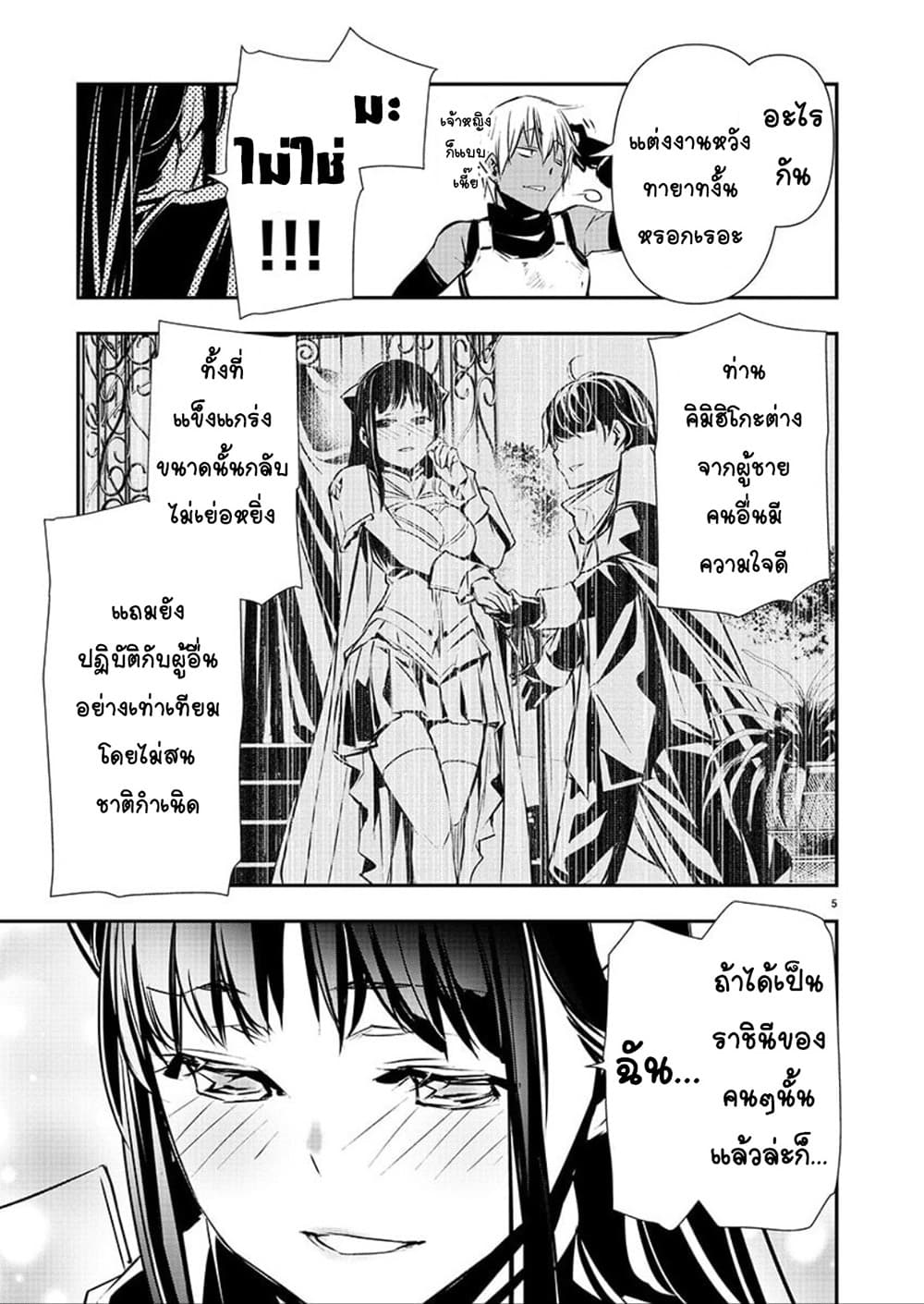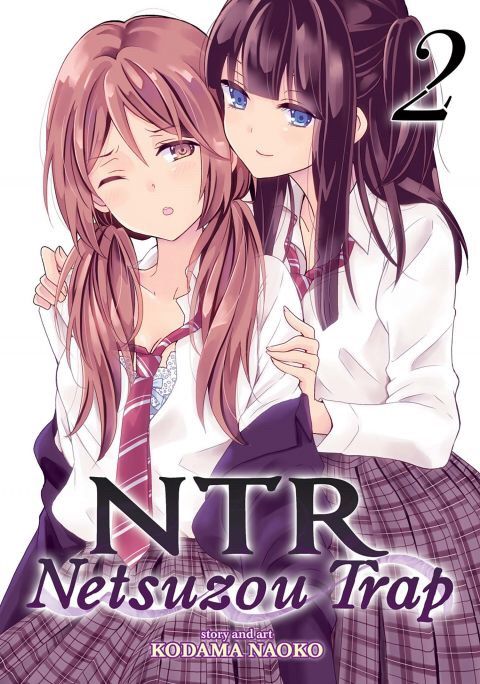Ever stumbled upon the acronym NTR while navigating the vast landscape of online discussions, especially within anime, manga, or gaming circles? It represents a narrative trope that delves into themes of betrayal, infidelity, and the emotional turmoil of having one's romantic partner stolen, making it a subject of intense interest and often, heated debate.
The term NTR, a shortened form of the Japanese phrase netorare, has gained considerable traction across various media platforms. At its core, netorare signifies the act of being cuckolded, of having one's lover taken away by another. This concept finds its strongest presence within the realms of Japanese adult PC games, manga, and, notably, anime, where it often serves as a central plot device.
The popularity of NTR stems from its exploration of primal fears and insecurities. It taps into the universal anxieties surrounding trust, relationships, and the potential for heartbreak. In a world saturated with tales of idealized romance, NTR provides a stark contrast, presenting scenarios where love is not always guaranteed, and the potential for betrayal looms large. The often-explicit depictions of infidelity can be shocking and disturbing to some, while others may find themselves captivated by the raw emotions and psychological complexities inherent in these narratives.
| Term | NTR |
| Full Form | Netorare (Japanese) |
| Meaning | Being cuckolded; having one's lover taken by another |
| Origin | Japanese adult PC games and manga |
| Genre | Often found in anime, manga, and video games. |
| Common Themes | Infidelity, betrayal, romantic competition, emotional turmoil |
| Examples | Netsuzou Trap -NTR-, various adult anime and manga titles |
| Controversy | Depictions can be considered disturbing, exploitative, or controversial |
The term's usage, however, is not confined to the literal act of romantic betrayal. It can encompass a wide range of scenarios, including situations where a character's affections are transferred to another, even without explicit physical intimacy. The core element remains the same: the protagonist experiences a sense of loss, jealousy, and the violation of their trust. The emotional impact, therefore, can be significant, irrespective of the specific circumstances.
In the context of anime, manga, and other forms of visual storytelling, NTR often becomes a key component in the narrative. It can drive the plot forward, create tension and conflict, and serve as a catalyst for character development. For instance, in Netsuzou Trap -NTR-, a yuri manga series by Kodama Naoko, the story explores the complexities of two high school girls/childhood friends, Yuma and Hotaru, whose relationship becomes entangled in a web of romantic deception. The narrative delves into their insecurities, their evolving feelings, and the consequences of their actions.
The presence of NTR also adds a layer of complexity to the characters involved. The betrayed character is often forced to confront their vulnerabilities and reassess their relationships. The character who steals the lover may have their own motivations, insecurities, or desires, which can be explored in depth. Furthermore, the person who is stolen becomes a focal point, and their actions can generate a wide range of reactions from the audience.
It's important to distinguish between the various iterations and nuances of NTR. The spectrum ranges from emotionally charged scenarios that explore the complexities of relationships to more explicit and graphically depicted scenes. The degree of graphic content, combined with the emotional depth of the narrative, largely determines the impact the story leaves on the viewer or reader.
The genre also finds its presence in other media forms, such as video games. Some games may incorporate NTR themes as part of the gameplay or as a way to deepen the player's experience with the characters. The themes, regardless of the medium, often play upon basic human emotions like jealousy and insecurity to create an engaging story.
As with any genre that deals with sensitive themes, NTR is subject to debate and critique. The portrayal of infidelity and betrayal can be seen as exploitative, especially when combined with graphic content. However, proponents of the genre argue that NTR explores essential human experiences, allowing viewers to delve into the dark side of human relationships. They contend that, when handled carefully, NTR can be a powerful tool for understanding emotions and reflecting on the dynamics of trust and betrayal.
The usage of the term NTR can also differ depending on the context. In some cases, it may serve as a shorthand to describe the type of content being presented. In other instances, it might be used in a derogatory manner. The way the term is used may also vary among different online communities, with some communities using NTR to discuss a specific type of story, while others may use it in a broader context.
The term NTR has many variations, including NTR, NTRR, NTRS, and NTL, to describe this topic. The variations on the term can sometimes cause confusion among users. To add to the confusion, some have proposed the use of these terms, where NTR would be used to describe both netori and netorare.
Whether one approves of NTR or not, its ongoing presence within modern media, particularly within the Japanese entertainment industry, underlines its relevance in exploring the complexities of human relationships and the myriad emotional challenges that can arise within the context of intimacy and trust. While the themes can be intensely divisive, NTR remains a unique subgenre, offering a lens through which to examine the most vulnerable aspects of the human experience.



